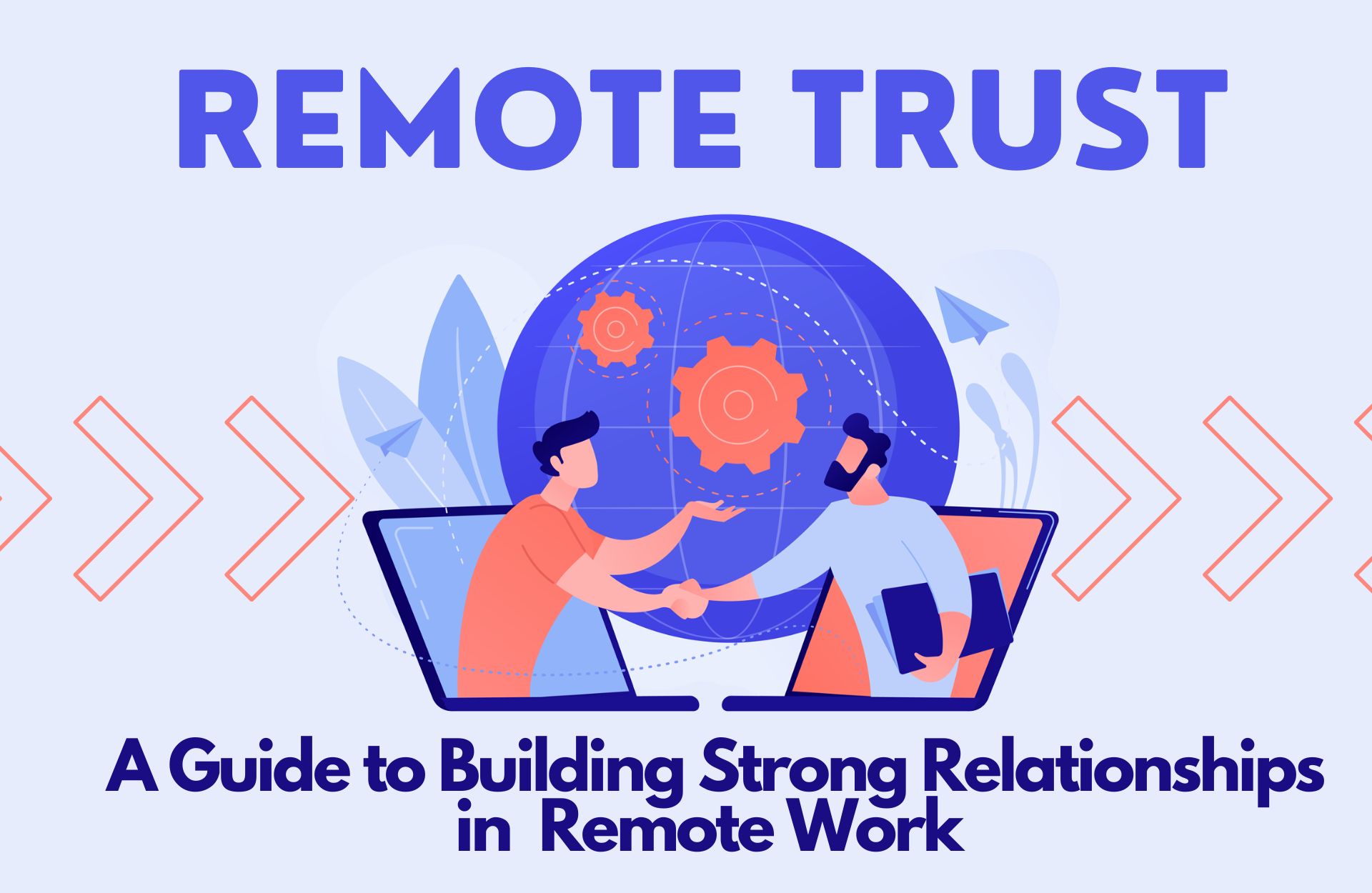Are you one of those companies that has decided to move from office work to permanent remote or hybrid work? If yes, then you must have noticed that some of the challenges you faced during the pandemic did not go away when it was over. The pandemic and the shift to remote work have forced every business to address new challenges and take extraordinary measures to survive the crisis. Some of these challenges are here to stay, and through 2023, business leaders need to use the lessons they’ve learned to prepare for the future. Here are some challenges your business may face in 2023 and beyond.
Productivity
Productivity concerns are one of the top challenges remote businesses face. Managers can’t easily know if employees are actually working during work hours, or if they’re spending that time on something else. While some employees are more productive when working from home, others don’t use their time decisively when they’re not under constant control. Therefore, managers will always be concerned with keeping all employees productive. For some companies, trust issues and limited ability to supervise employees are the biggest obstacles preventing them from implementing remote work.
You may also like: Keep Remote Workers Motivated and Productive

Managing remote employees
Another challenge that comes with remote work is the remote mentoring of employees. Some leaders are excellent in-person leaders, but they may lack the skills needed to practice remote coaching and be unfamiliar with coaching people in a virtual environment. One reason is that not all companies prepare and train their leaders before moving to remote work, which leads to a lack of leadership, which is a major problem for virtual teams. However, the benefits of tutoring in a virtual setting are too important to ignore. Companies must ensure that employees get the help they need from qualified managers to keep them engaged and committed.
Useful article: Top 8 Remote Collaboration Tools for Teams
Establishing Trust
Another area affected by remote work and made more difficult to achieve is the role of mentors. Mentors need to put in more effort to build trust and rapport in their relationship with their mentees. Sharing constructive feedback without being too “canned” or impersonal is also challenging; not least because virtual meetings lack the personal interaction that is crucial to successful coaching since they are more formal and task-oriented. In a face-to-face meeting, information and ideas are easily shared. Mentoring requires effective communication and an understanding of each individual’s ability to learn, and with the lack of physical contact in walkout talks with employees, senior staff will need to pay more attention to looking for signs that colleagues need help.
To overcome these barriers, companies should use new solutions and technologies to help monitor employees remotely, track their performance, and analyze employee productivity.





